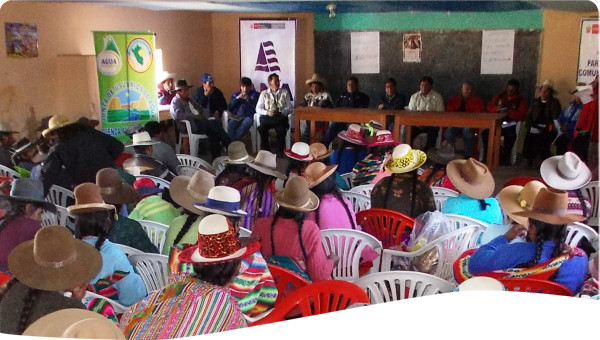The Brazilian Northeastern semi-arid region’s history has been characterized by drought, water scarcity, and poor living conditions. For the last 100 years, institutions have been established to support the state sector’s different attempts to solve the water scarcity and poverty problems in the region. In the Brazilian federalist model that combines centralized decision power with a decentralized execution of public policies, the federal government promotes large-scale infrastructure interventions, such as the São Francisco River Water Diversion Project (SFRWDP). This article aims to show how intergovernmental relations, under the Brazilian federal system, enable centralized decision-making processes. We will analyze the roles of subnational and national entities and the factors influencing their interaction. Even though decentralized participatory water institutions are in place, the federal government controlled and centralized the process of approval of the SFRWDP as well as its implementation and management. While federal agencies dispute control over decision-making processes and financial resources, the states lack financial and institutional capacity to use the power that is attributed to them by the Water Law. The persistence of a federal system that perpetuates the federal government’s central role and the interstates’ power inequalities, may continue to wreck any attempt to promote decentralization and subnational and interstate collaboration in the Brazilian context.
Description / Abstract
Publication year
Country
Region
Publisher
Thematic Tagging
English

 Resource
Resource
